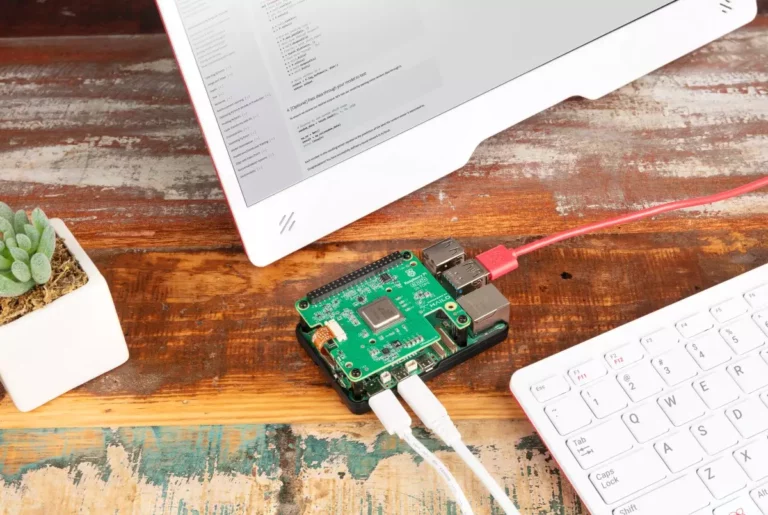The Raspberry Pi platform, renowned for combining affordability and versatility, continues to carve out its niche within the tech landscape. The latest advancements, particularly with the Raspberry Pi 5, highlight the company’s commitment to pushing the boundaries of what users can achieve with these tiny computers. Recent product launches, centered around the Raspberry Pi 5’s capabilities, showcase not only hardware enhancements but also a growing array of functionalities that cater to various user needs—from education to industrial applications.
Raspberry Pi’s flagship model, the Raspberry Pi 5, emerges as a major leap forward in single-board computing. At the heart of its appeal is the PCIe 3.0 interface, communicated through a 16-pin connector, which significantly expands the board’s capabilities. Users have already begun leveraging this feature with the introduction of M.2 HAT+ extension cards, effectively transforming the conventional connector into something tailored for more robust applications, such as NVMe SSD integration.
This level of adaptability is alluring to hobbyists, educators, and even businesses that rely on compact and efficient systems for their projects. Not only do these enhancements allow users to utilize advanced storage solutions, but they empower them to enrich their Raspberry Pi experience by adding various functionality through additional cards and modules.
Among the standout newcomers is the Raspberry Pi AI HAT+, designed to accommodate those keen on integrating AI into their projects. Available in both 13 and 26 tera-operations per second (TOPS) variants, these inference accelerator add-ons position the Raspberry Pi 5 as a viable option for edge computing tasks, despite its humble origins. While it’s crucial to note that substantial machine learning models cannot be developed on this platform, the AI HAT+ represents a cost-effective means to conduct inference operations directly on device-level hardware.
Unlike the previous M.2 HAT+ version, the AI HAT+ is streamlined for Hailo’s inference modules and does not support the M.2 interface. This indicates a strategic shift toward simplification and specialization, allowing users to tap into artificial intelligence capabilities without diving into overly complex configurations. At price points of $70 and $110 depending on processing power, these add-ons present a competitive choice for enthusiasts and developers eager to venture into AI and machine learning.
Complementing the AI HAT+ are newly launched M.2 NVMe SSDs, underscoring the emphasis on enhanced data handling. With compatibility for standard 2230 and 2242 form factors aligned with PCIe 3.0, Raspberry Pi has simplified the integration of high-speed storage into the Raspberry Pi 5 ecosystem. This advancement lays the groundwork for users to enjoy faster data read/write speeds, which are essential for data-intensive applications.
Raspberry Pi has taken an additional step by offering its branded SSDs, priced competitively at $30 for a 256GB variant and $45 for a 512GB option. Given the fluctuating market prices of comparable SSDs, this initiative not only provides a reliable option for consumers but also emphasizes Raspberry Pi’s commitment to ensuring compatibility across its devices.
Moreover, the bundled SSD Kits featuring M.2 HAT+ extension cards create an all-in-one solution, further simplifying the purchasing process for users looking to upgrade their setups efficiently. While these kits may not catalyze a seismic shift in the ecosystem, they represent a thoughtful move toward enhancing customer experience and accessibility for users.
The recent product additions from Raspberry Pi resonate with a clear understanding of current technological trends, particularly the growing intersection of AI and edge computing. By optimizing their offerings through specialized add-ons, the company continues to assert its relevance and adaptability in a fast-evolving landscape. Whether individuals are tapping into artificial intelligence, seeking to augment their storage, or diving into new projects, the Raspberry Pi 5 stands as a testament to the enduring legacy and innovative spirit of the Raspberry Pi Foundation. The future indeed looks promising as this platform evolves, catering to a diverse user base and their ever-expanding imaginative potential.


Leave a Reply